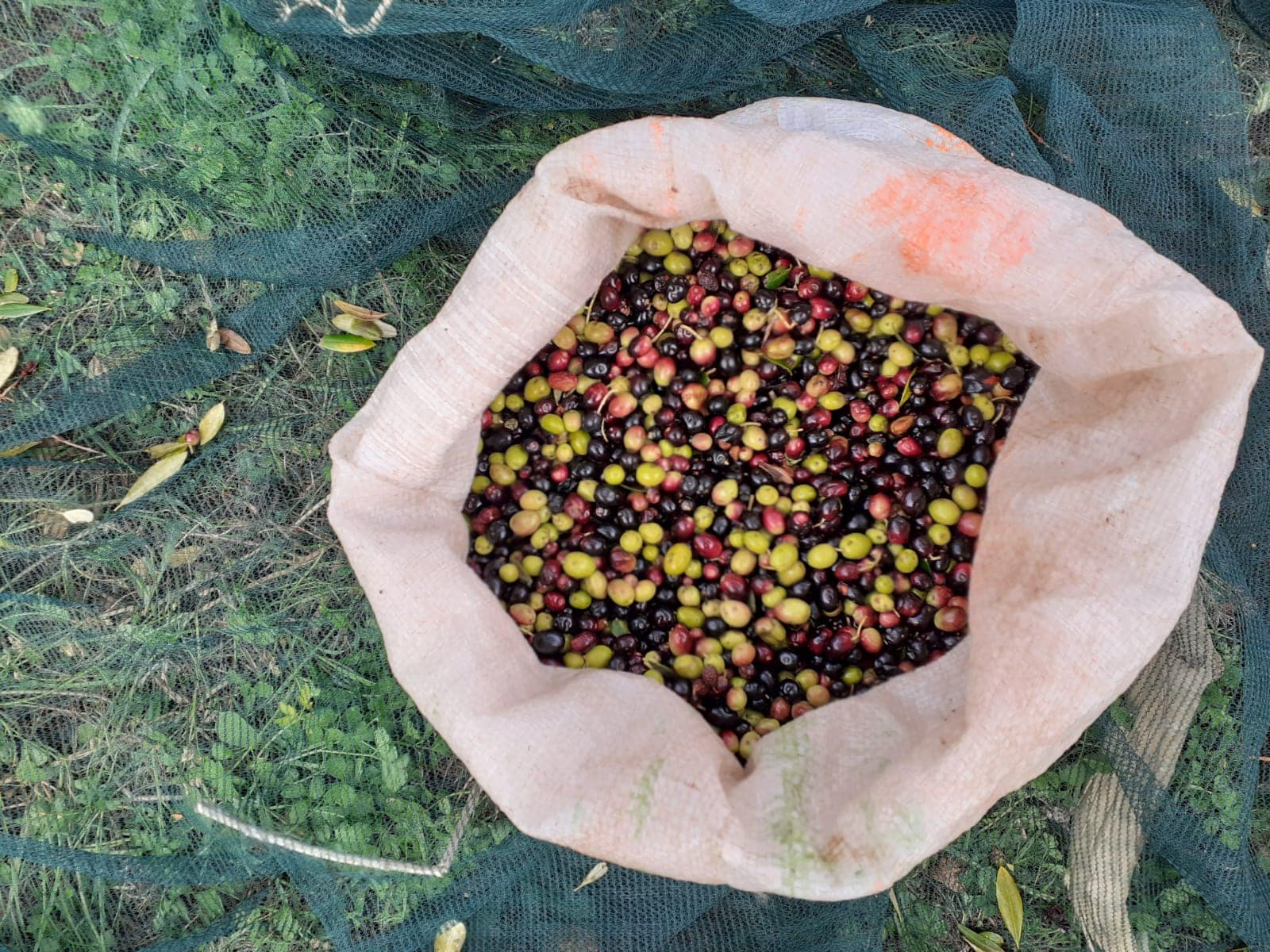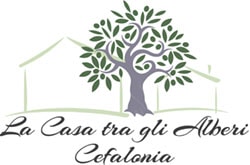Traditional methods used for producing virgin olive oil.
- Traditional methods for making virgin olive oil involve using time-honored techniques that have been passed down from generation to generation. These methods are used to produce high-quality olive oil that is rich in flavor, nutrients, and antioxidants.
- The first step in traditional olive oil production is to hand-pick the olives at the perfect ripeness. This is typically done in the early fall, when the olives have reached optimal maturity. The olives are then washed and sorted to remove any leaves, twigs, or other debris.
- The next step is to crush the olives to extract the oil. In traditional methods, this is done using a stone mill or a press. The olives are ground into a paste, and the oil is then separated from the paste by applying pressure. This process is called “cold extraction” and is considered the traditional way of obtaining the oil, as it preserves the flavor, aroma, and nutritional properties of the olives.
- The final step is to filter the oil to remove any remaining impurities. This is usually done using a natural cotton or linen filter. The oil is then stored in stainless steel or ceramic containers, away from light and heat, to preserve its quality.
- Traditional methods of olive oil production are labor-intensive and time-consuming, but they result in a pure, high-quality oil that is rich in flavor and nutrients.
Traditional dishes that are using olive oil.
Olive oil is a staple ingredient in traditional Mediterranean cuisine and is used in a variety of dishes.
One traditional dish that prominently features olive oil is “tapenade,” which is a spread made from crushed olives, capers, anchovies, and garlic. It is typically served as an appetizer with bread or crackers.
Another traditional dish that uses olive oil is “bruschetta,” which is grilled bread that is rubbed with garlic and topped with olive oil, tomatoes, and herbs. It’s a popular appetizer or snack in Italy.
“Zaalouk” is a traditional Moroccan eggplant and tomato dip, flavored with spices and olive oil. It is often served with bread or crackers as an appetizer or side dish.
“Fattoush” is a traditional Middle Eastern salad that is made with tomatoes, cucumbers, herbs, and pita bread, all tossed with a lemon and olive oil dressing.
“Souvlaki” is a Greek dish that consists of meat skewers, usually chicken or pork, grilled and served with a side of lemon, olive oil, and herbs.
“Romesco sauce” is a traditional Spanish sauce made of roasted red peppers, tomatoes, almonds, bread crumbs, olive oil and garlic. It’s typically served with fish or vegetables.
These are just a few examples of traditional dishes that feature olive oil as a key ingredient. Olive oil is used in many other traditional dishes around the Mediterranean region, adding flavor and nutrition to the meals.
Health Benefits of virgin olive oil
- Virgin olive oil, also known as extra-virgin olive oil, is made from the juice of fresh olives and is considered one of the healthiest oils for cooking and consumption. It is rich in monounsaturated fatty acids, antioxidants, and other beneficial compounds that can provide a number of health benefits.
- Firstly, virgin olive oil is a good source of monounsaturated fats, which have been shown to lower LDL (bad) cholesterol levels and reduce the risk of heart disease. The high levels of antioxidants present in olive oil, such as polyphenols and vitamin E, also help to protect the heart and blood vessels.
- Secondly, olive oil is rich in anti-inflammatory compounds, which may help to reduce the risk of certain types of cancer, such as breast and colon cancer.
- Thirdly, the polyphenols present in olive oil have been shown to have anti-inflammatory and antioxidant effects, which may help to protect against neurological diseases such as Alzheimer’s.
- Fourthly, olive oil may also have benefits for diabetes management as it has been shown to improve insulin sensitivity and glucose metabolism.
- Lastly, olive oil is also beneficial for skin and hair, it has been found to be effective in moisturizing and protecting skin from UV damage.
- It’s important to note that the quality of olive oil is crucial, as lower-quality oils may not provide the same health benefits. Virgin olive oil is considered the best quality and it is important to choose one that is cold-pressed, extra-virgin and organic if possible. As with any dietary supplement, it’s important to consult with a healthcare professional before including it in your diet.










Comments are closed.